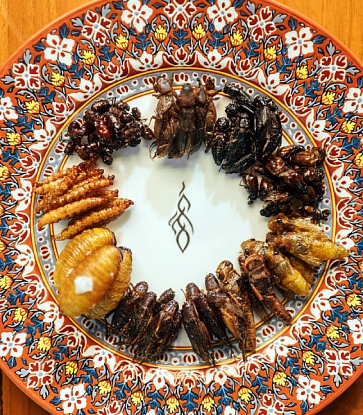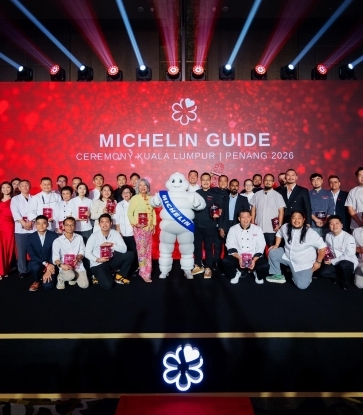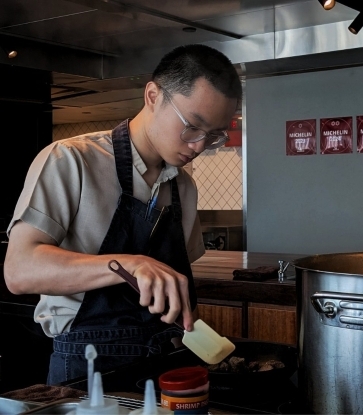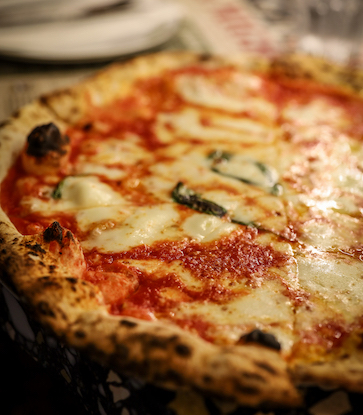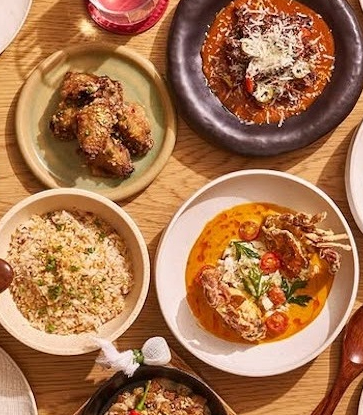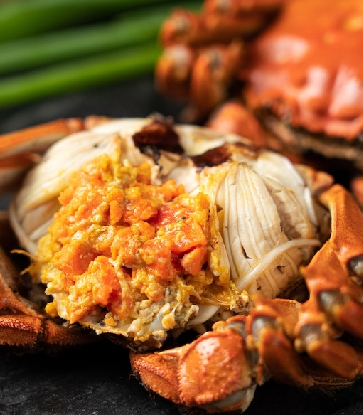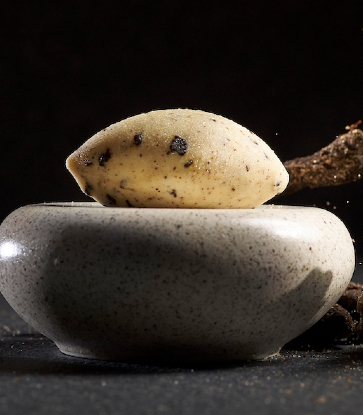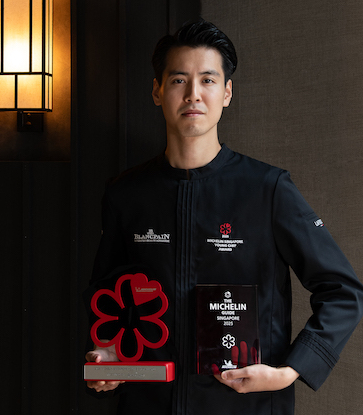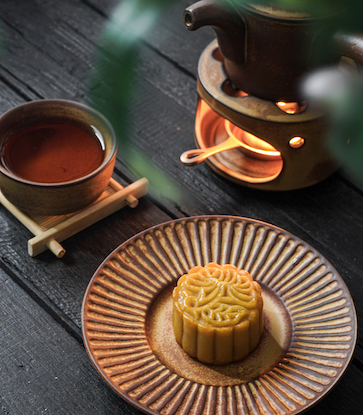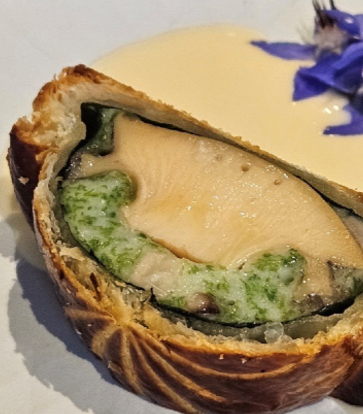“Because it’s Ramadan, this is only half of our usual clientele,” says Hafidah Bte Daud, the 48-year-old founder of Muslim Delights. “But I still like my showcase to be full. It gives people that sense of abundance and generosity.”

As a teenager, she began picking up not only culinary skills from her mother, but organisational skills as well, learning the logistics of turning out thousands of portions of food for hungry soldiers returning from training at short notice.

In the challenging early years, Hafidah’s husband, Zulkifli Bin Mohd, who was a firefighter, spent his free time and off-days running the stall with her. She recalls how hard it was to find and retain good help. For most part, it was just a two-man show. “I had to return to the kitchen just six days after giving birth because there was just nobody else. The saddest part for me was feeling engorged with milk and knowing that my baby was at home hungry and I couldn’t be with her.”

It was a risk that paid off. Her bountiful showcase and signature rendang, biryani and noodle dishes won the hearts and stomachs of the workers there. She continued to feed this community for nearly a decade before the stall moved to a coffeeshop in Paya Lebar and then to its current location in a shophouse along Upper Paya Lebar Road.
During this time, she began to receive requests to cater food for Malay weddings, a job that her time at the army camp had serendipitously prepared her for. She had the skills to cook in huge batches while still maintaining the consistency and quality of her food.
“It has always been about the food,” she says. “I remember a popular Malay wedding emcee once told me that he usually doesn’t eat at the weddings he hosts, but he makes an exception when he knows it’s Muslim Delights. Feedback like that gives me the biggest satisfaction.”

In recent years, Muslim Delights has made headlines for being the caterer of choice for local and regional celebrities like Malay pop star Taufik Batista, radio deejay KC, Orange CEO Syah Ibrahim and even Dubai-based Zack Zainal, who had his daughter’s wedding organised by Muslim Delights, which took the business to new heights. Hafidah says her wedding venues are booked solid for the good part of the next two years. “It’s selling like hot goreng pisang,” jokes her husband Zulkifli.
Muslim Delights Malay Food and Noodles
117 Upper Paya Lebar Road
Muslim Delights Wedding Services
100 Orchard Road, #01-04 Concorde Hotel And Shopping Mall
Tel: 9633 0261



